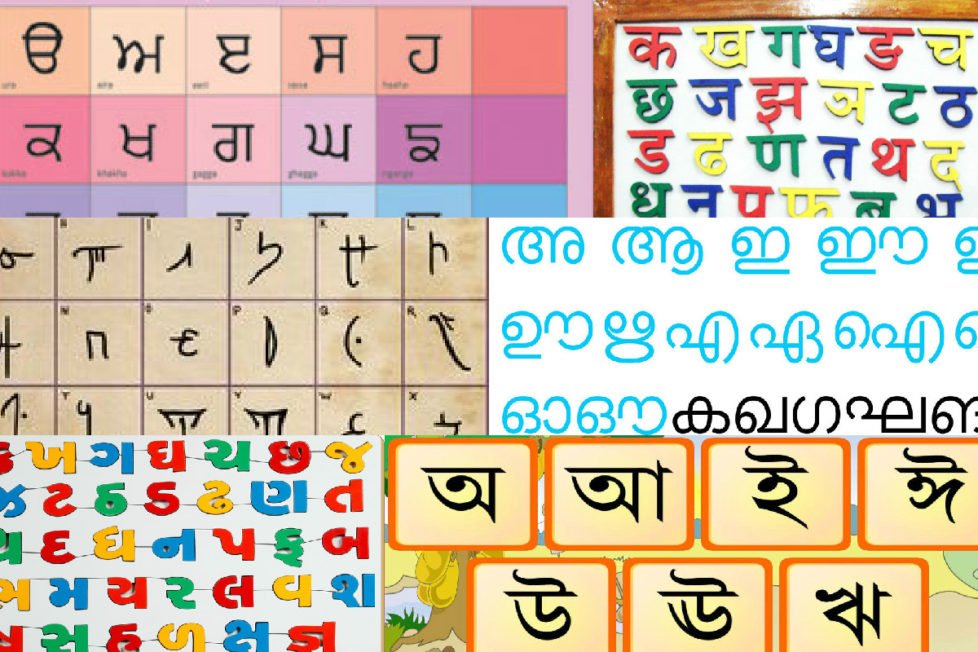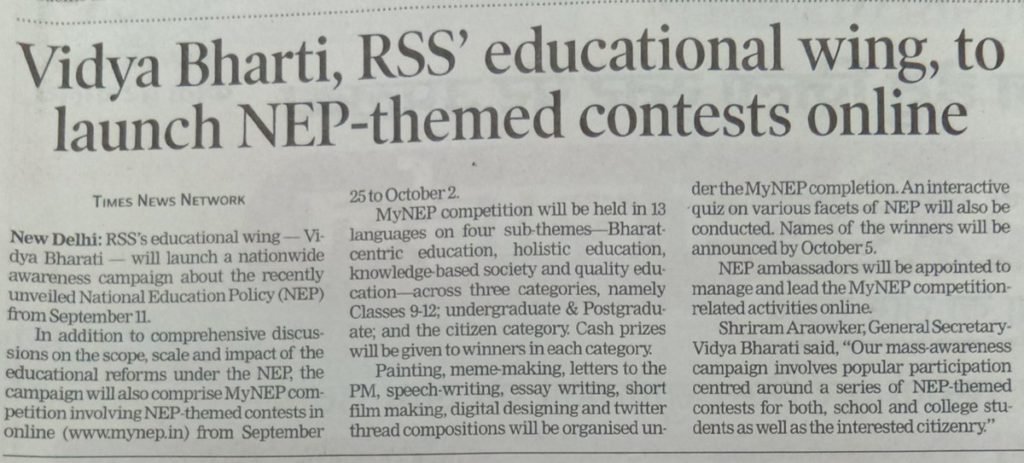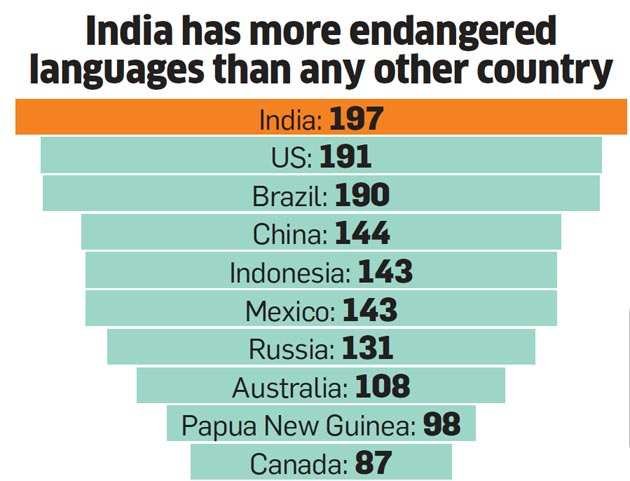India’s New National Education Policy (NEP) & its Emphasis on the Mother-Tongue: A Welcome Step Ahead To De-Colonise Indian Education


One of the very first initiatives that India seriously needs to undertake in order to emerge as a Vishwaguru/world leader in the coming times is to decolonise the entire education system starting from the primary till the level of the university. The hold of the West and West-inspired ideas that have, for so long, informed theoretical approaches to the study of various social sciences only glorify those social, political and economic systems that originated in the Western countries, primarily Europe and America. These are the countries that are today paying the price of their past romances with fancy academic discourses such as multiculturalism and ‘melting-pot societies’.
Although these discourses with such classy names would make anyone believe in their approaches of understanding the world at the very first instance, but they all have been about chasing a false utopia that itself is the root of all problems! A child who has been taught in the English-speaking, convent school system grows up to imbibe all the values and principles that are propagated through a non-Indic/Abrahamic faith system. Subjects such as moral science that are being taught in these schools along with stories from the Bible are perhaps one of the best manifestations of this exercise.
It leaves behind a strong imprint in the young minds which eventually come to consider that system of education as the most liberating and superior of all. This is the mental make-up with which he/she enters into the field of higher education where these ideas get further amplified, more so if one chooses to opt for the social sciences. For it has been a strong Leftist bastion based on a blind ridicule of anything and everything that is indigenous to India, whether it be in the field of scientific achievements, architecture, ideas, etc.
In order to make its mark in the field of research and innovation, it is very important that India does not depend upon a borrowed discourse, but develops its own original one that takes pride in its civilisational uniqueness and Bharatiya identity. In this context, the new National Education Policy (NEP) which was recently approved by the Union Cabinet calls for a fresh start. The government has incorporated several recommendations made by the RSS, which also has been equally generous in praising the NEP and has been striving to create awareness among the masses regarding the same.
The NEP has laid down several guidelines which have emphasised on making mother-tongue or the local/regional language as a medium of instruction in schools until Grade V. Since it is the mother who gives birth to her child, the first words that the baby picks up are naturally from the mother; hence, it is called mother-tongue. The policy makes it clear that all efforts will be made early on to ensure that any disparity that exists between the language spoken by the child, i.e. the mother-tongue, and the medium of instruction is bridged. It is an accepted fact that using the language that the child is most comfortable with during his/her early years of schooling, significantly improves brain development and the learning outcomes too.
In this respect, a nationwide awareness campaign about the NEP is to be launched across the country from September 11, 2020 onwards under the initiative of Vidya Bharati – the educational wing of the RSS. In addition to comprehensive discussions on the scope, scale and impact of the reforms under the NEP, the campaign is also going to organise a Competition called MyNEP in 13 regional Indian languages including Hindi and English on four sub-themes – Bharat-Centric Education, Holistic Education, Knowledge-Based Society and Quality Education.
MyNEP shall also involve NEP-themed popular contests to be conducted in the online mode – social media and website (www.mynep.in) from September 25, 2020 to October 02, 2020 across three different categories – 9th-12th standard; undergraduate and postgraduate; and, the interested citizenry. An interactive quiz on the various facets of the NEP will also be conducted online. The aim is to reach out to people from diverse linguistic backgrounds settled in different places of the country. Hand-made painting, meme-making, letters to the PM, essay-writing, short-film making, digital designing and twitter thread competitions will also be organised under MyNEP.

Since the NEP itself has been the outcome of several wide-ranging democratic deliberations, the NEP awareness campaign of the RSS too will be spearheaded by young and passionate volunteers dedicated to the cause. It will appoint NEP Ambassadors to “manage and lead” the MyNEP Competition-related activities online. Schools and higher education institutes can also take part in the awareness movement by taking the NEP pledge in support of the latest policy. Its major focus is going to be the government’s thrust on the importance of imparting education through one’s mother language, which Vidya Bharati has always stressed upon.
It needs to be mentioned here that in most of the economically developed nations of the world such as the Scandinavian countries, the teaching of the local language has been made mandatory. E.g. in schools in the Netherlands, the teaching of Dutch is compulsory. Even the International Baccalaureaute which is responsible for designing the curriculum for over 2,815 schools in 138 countries has made the teaching of local/regional languages mandatory.
In India, it is rather very unfortunate that a significant number of students, who may be earning quite huge corporate packages and doing well in lives, are unable to read and write in their own mother-tongue. The fault here lies primarily with the prevailing education system of the country and as well as the poor infrastructural facilities in several regional-medium schools of the country, which naturally prevent parents from sending their kids to these schools.
Many indigenous languages and dialects spoken in several remote areas of our country, such as the Saimar language in Tripura, etc. are today on the verge of near extinction. The diverse languages and literature of the various tribes of North-Eastern India especially, including the tea-garden tribes, have not received their due recognition in the national arena. The proper development of regional languages holds the key to promote the history, literature and culture of an area and its inhabitants at the global stage. It is because language acts as the chief medium of preserving, developing and promoting the literary and cultural heritage of diverse ethnic and linguistic groups residing in different regions of the country. Moreover, a strong foundation in one’s mother-tongue helps the student to easily learn other languages in his later life, besides ensuring that the child remains connected with his/her cultural roots.

Recently, with a view to work for the development of the languages of all ethnic groups in the state of Assam as a part of the overall efforts under the NEP, CM Sarbananda Sonowal formally opened the Directorate for Bodo and Other Ethnic Languages. It has been mandated to look after the education-related planning and coordination in Bodo and other ethnic language academic institutions in the state. A commendable step indeed, it must now be the responsibility of the new directorate to take all possible steps to ensure that the schools under its purview initiate prompt steps for teaching the ethnic languages to its students.
The NEP’s focus on imparting education through one’s mother-tongue does not, however, mean that we discard English education completely. It is about decolonisation of the education system which can only come about when we start taking pride in Bharat’s cultural richness and diversity. It is just another colonial trap that for many in India, even today, English represents the symbol of status, class and knowledge and whatever comes from the Western academia always has to be correct! Not necessarily. And, English is not our language too.
Indian civilisation has a uniqueness of its own, which just cannot be fit into one linear category of a thought-system like Liberalism or Marxism or Post-Modernism. The frameworks of research or research methodologies that are used in the West for the purposes of data collection, field-study, etc. might not always yield the same results when applied wholesale in the context of India. Accepting the fact that English education provides numerous advantages in the job market by way of enhancing the employability skills of prospective job-seekers in an increasingly globalised world, does not imply that we do not teach our children the importance of reading, writing and speaking in their own mother-tongue or regional languages.
Not every word that exists in our ancient sacred texts can be translated into English and also, why should we translate them? Let them remain the way they are. Unspoilt. Original. In fact, in many instances, mindless translations of local texts and stories in regional languages into English have destroyed their original meaning and essence. India needs to have its own grand narrative that is rooted in Dharma, one that respects all systems of thought and philosophies equally, but is equally unapologetic of its own. This is the art of narrative-setting that beckons India to look inwards, so as to establish its own identity in the global world-order. As regional languages pave the way forward for the rise of a new Bharat in the coming times, several Indians’ obsession with English needs to be seriously reconsidered!
References:
DISCLAIMER: The author is solely responsible for the views expressed in this article. The author carries the responsibility for citing and/or licensing of images utilized within the text.
